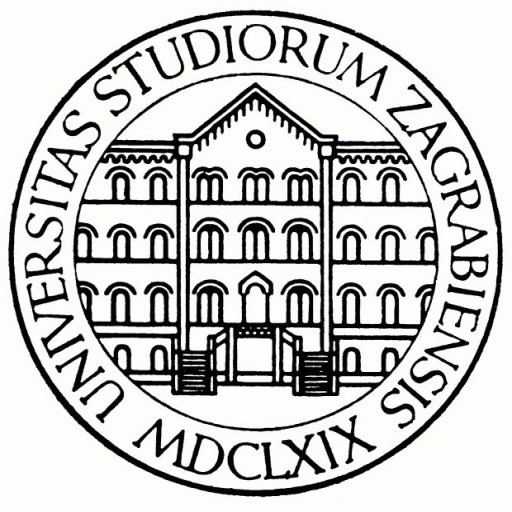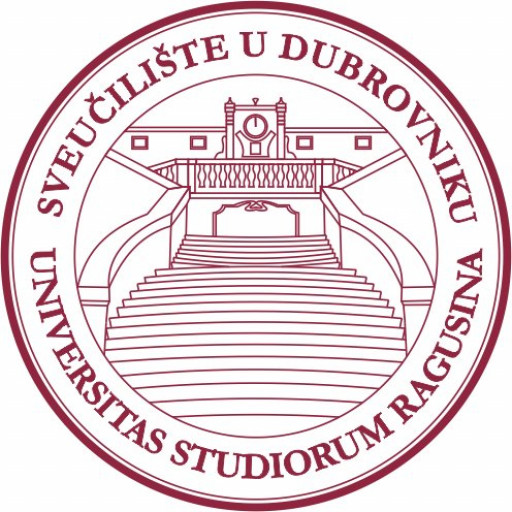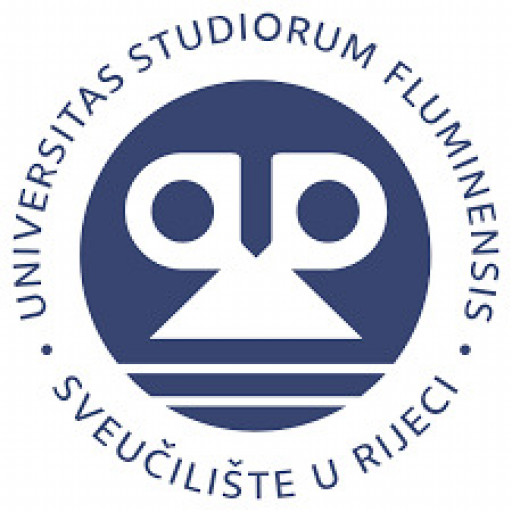Economics at the University of Zagreb offers a comprehensive and challenging undergraduate program designed to equip students with a solid understanding of economic theories, principles, and applications. The program covers a wide range of topics including microeconomics, macroeconomics, quantitative methods, international economics, economic policy, and financial analysis. Students gain skills necessary for analyzing complex economic issues, making informed decisions, and understanding the functioning of markets and economic systems at both national and global levels. The curriculum integrates theoretical knowledge with practical approach, emphasizing critical thinking, quantitative skills, and the ability to apply economic concepts to real-world problems. Additionally, students have opportunities to engage in research projects, internships, and seminars that foster collaborative learning and professional development. The program prepares graduates for diverse career paths in sectors such as government, finance, consulting, international organizations, and academia. Emphasizing a multidisciplinary approach, the program also incorporates elements of business, law, and social sciences, providing students with a well-rounded perspective. The academic environment promotes teamwork, innovation, and active participation, supported by experienced faculty members who are experts in their fields. Graduates of the Economics program at the University of Zagreb are equipped with the analytical tools, theoretical background, and ethical understanding necessary to thrive in a competitive global economy and contribute meaningfully to economic development and policy making.
The Economics program at the University of Zagreb offers a comprehensive education designed to equip students with a solid foundation in economic theory, quantitative analysis, and practical skills applicable to a wide range of sectors. The curriculum combines core courses in microeconomics, macroeconomics, and economic policy with specialized modules in finance, international trade, and economic development. Students will gain an in-depth understanding of market mechanisms, fiscal and monetary policies, and global economic trends, preparing them to analyze complex economic issues critically and effectively.
Throughout the program, students have opportunities to participate in practical projects, case studies, and internships that connect theoretical knowledge with real-world applications. The program emphasizes the development of analytical and critical thinking skills, data analysis capabilities, and effective communication, enabling graduates to undertake roles in public administration, private sector enterprises, consulting firms, and international organizations.
The faculty comprises experienced economists and researchers who utilize modern teaching methods, including interactive lectures, seminars, and computer-aided learning, ensuring an engaging educational experience that encourages active participation and independent thinking. Students are also encouraged to participate in international exchanges and collaborative research projects, fostering a global perspective on economic issues.
The Economics program at the University of Zagreb aims to prepare graduates to meet the demands of the modern economy by providing them with a versatile skill set, foundational knowledge, and the ability to adapt to the evolving economic landscape. Graduates will be well-equipped to contribute effectively to economic policy-making, business strategy, and research initiatives, making meaningful contributions to society and the economy at large.
The full details on the application process are available in English and in Croatian language.
The document explaining the full application procedure for international students coming from abroad can be found here.
If you need help or clarification on the procedure, our international office can assist you in obtaining all the necessary documents. Please send an email to student.office@efzg.hr or mdie@net.efzg.hr for further instructions.
The financing of the Economics degree program at the University of Zagreb is primarily supported through a combination of public funding, tuition fees, and possible scholarships for qualified students. As a public university, the University of Zagreb receives funding from the Croatian government, which covers significant portions of program development, faculty salaries, and infrastructure maintenance. This ensures that the tuition fees are kept relatively accessible compared to private institutions. Tuition fees vary depending on the level of study, student nationality, and whether students are enrolled full-time or part-time. Croatian citizens and European Union students often benefit from lower fees, sometimes even tuition waivers, whereas international students from outside the EU are subject to higher tuition rates. The university also provides various financial aid options, including scholarships based on academic merit, need, or specific criteria such as regional origin or participation in extracurricular activities. These scholarships may be sponsored by the university itself, government bodies, or private entities. Additional financial support can be obtained through student loans and grants, which are designed to help cover living expenses and other costs associated with higher education. The university encourages students to apply for external funding options available from Croatian governmental agencies, international organizations, or private foundations. Moreover, some programs may include internships or cooperative education components, offering students practical experience and potential stipends that offset some costs while enhancing employability. Overall, the financial structure of the Economics program aims to ensure broad accessibility, promote academic excellence, and support students throughout their studies through a mix of institutional funding schemes and external aid opportunities.
The Bachelor's degree program in Economics at the University of Zagreb offers students a comprehensive education in the fundamental principles of economics, finance, and business. Designed to equip students with both theoretical knowledge and practical skills, the program prepares graduates for careers in various sectors such as banking, government, consulting, and international organizations. The curriculum covers core areas including microeconomics, macroeconomics, economic policy, econometrics, and international economics, providing students with a solid foundation to analyze economic issues critically and develop strategic solutions. In addition to theoretical courses, students engage in practical learning through case studies, projects, and internships, fostering the application of knowledge in real-world scenarios. The program also emphasizes quantitative skills, including statistical analysis and data interpretation, which are essential for economic research and decision-making. Students have access to modern teaching facilities, an extensive library collection, and opportunities for participation in seminars and workshops conducted by experts in the field. The faculty comprises experienced professors and researchers who are actively involved in current economic research, ensuring that the curriculum remains up-to-date with global economic developments. Graduates of the program are well-prepared to pursue further studies at the master's level or to enter the workforce in roles such as economic analysts, consultants, or managers. The program promotes critical thinking, problem-solving abilities, and ethical understanding, which are crucial qualities for any economist. Overall, the Economics program at the University of Zagreb aims to develop competent professionals capable of contributing to economic growth and development both nationally and internationally.


